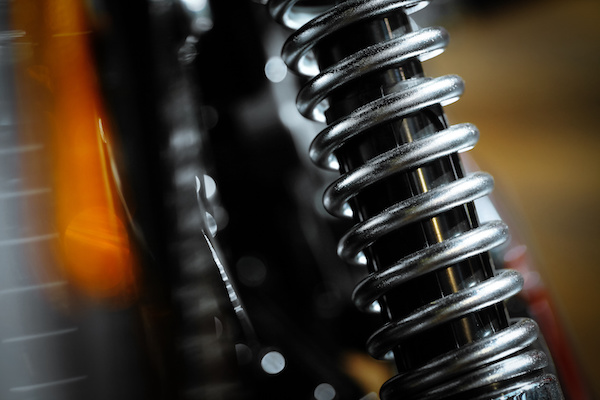Posted on 4/22/2022

You have complete responsibility for your child's safety while they are traveling in your car. Here are some essential things to remember. Children are so fast and don't stay still for long, so always check to see where your child is before putting your vehicle in gear. Always use your car's automatic door and window locks to keep your child safe inside. The locks ensure they won't get their hands caught or open their doors themselves to get out. In older cars, use manual locks and position the car seat away from windows and doors. Always use your child's approved, age and size appropriate car seat and secure it correctly. Have your child seated in the back of the car while under 13, especially if you have airbags. While helping keep your child safe, it will offer less distraction for you. Make your vehicle a no-smoking zone. It would be best to never leave children alone inside the car, not even for a minute, even if you need to pop into a shop for five seco ... read more
Posted on 3/17/2022

Your vehicle's suspension system is responsible for keeping your car ride stable by absorbing the effects of the road bumps. When your shocks and struts wear down, you will definitely feel the aftermath. Below are some of the signs that indicate you need your shocks and struts serviced: Vehicle Dipping to the Side If your car makes uneven and dipped turns, your shocks and struts are most likely worn. The front-end of your automobile may also dip lower whenever you brake. Whereas the back-end of the vehicle may "squat". Shakiness When your suspension is aging, your car will shudder at high speeds. The problem behind that can be bad shocks and struts. If this vibration is reoccurring, please take your car to get an inspection. Bounciness Your car might also bounce excessively when going over bumps on the road. If your vehicle seems uncontrollable, please have your suspension inspected. Greasy Shocks When you have a feeling that your suspension has gone bad, you can ... read more
Posted on 2/23/2022

Emergencies can happen to anyone at any time on the open road! And they become more common this time of year due to the various hazards that winter brings. Whether you run out of gas, spike your tire, or get stuck in the snow, an automotive emergency kit can help you get back on the road quickly. We've put together a list to help you prep an emergency bag of winter driving essentials. Below are some of the items to include: Ice Scraper/Snow Brush - These will become your two best friends when temperatures dip below freezing. They will keep your windshield and the top of your car clean in a hurry. Bottle of Windshield Washer Fluid - This serves as another form of assurance for a clean windshield this winter. First Aid Kit - Have a medical incident? Storing a first aid kit can ease the pain. Cell Phone Charger - You're very limited to resources and roadside assistance if your phone is dead, so it's essential to keep one on hand. Flashlight - It can be challen ... read more
Posted on 1/31/2022
.jpeg)
A rough idling engine can be a stress-inducing concern because it usually points to some sort of engine problem. In order to determine whether or not rough idling is what you are facing, below is an example scenario. Right after you start the engine and before you switch gears out of park is an instance where you are always idling. Idling simply means that your engine is running, but your vehicle isn't going anywhere or engaged in any gear. When idling normally and correctly, your RPMs should be steady. However, if your parked car does the following, you are experiencing rough idling: Vehicle shakes or vibrates RPMs fluctuate rapidly Skipping or slipping sounds There's no doubt that you can miss the above symptoms because the effects of rough idling are "rough". As soon as you notice your car idling rough, you should immediately take your vehicle to a trusted auto professional. At Integrity Auto Services, our skillful technicians can properly diagnose your idling ... read more
Posted on 12/22/2021

Driving during wintry weather is difficult for most drivers. You can be at ease when it snows if you have taken preventive measures. The worst that can happen to you is stranded with a dead battery. Here are some driving tips and maintenance to take care of during the cold months.1. Check When to Repair or Replace Car Battery The major cause of vehicle breakdowns is a faulty battery. Battery failure increases when it's wet, cold, and icy. Plan to change your battery after every three years if it's problematic during cold weather. Our shop can test your battery for proper charge to ensure that you’ll be safe on the road from unexpected dead battery breakdowns. 2. Consider Getting New Tires Don't wait until you enter into a ditch to understand your tires are worn out. Driving with excessively worn or bald tires can risk your safety. Plan to have all-seasonal tires if you live in an area with ... read more